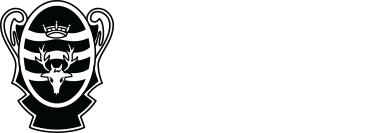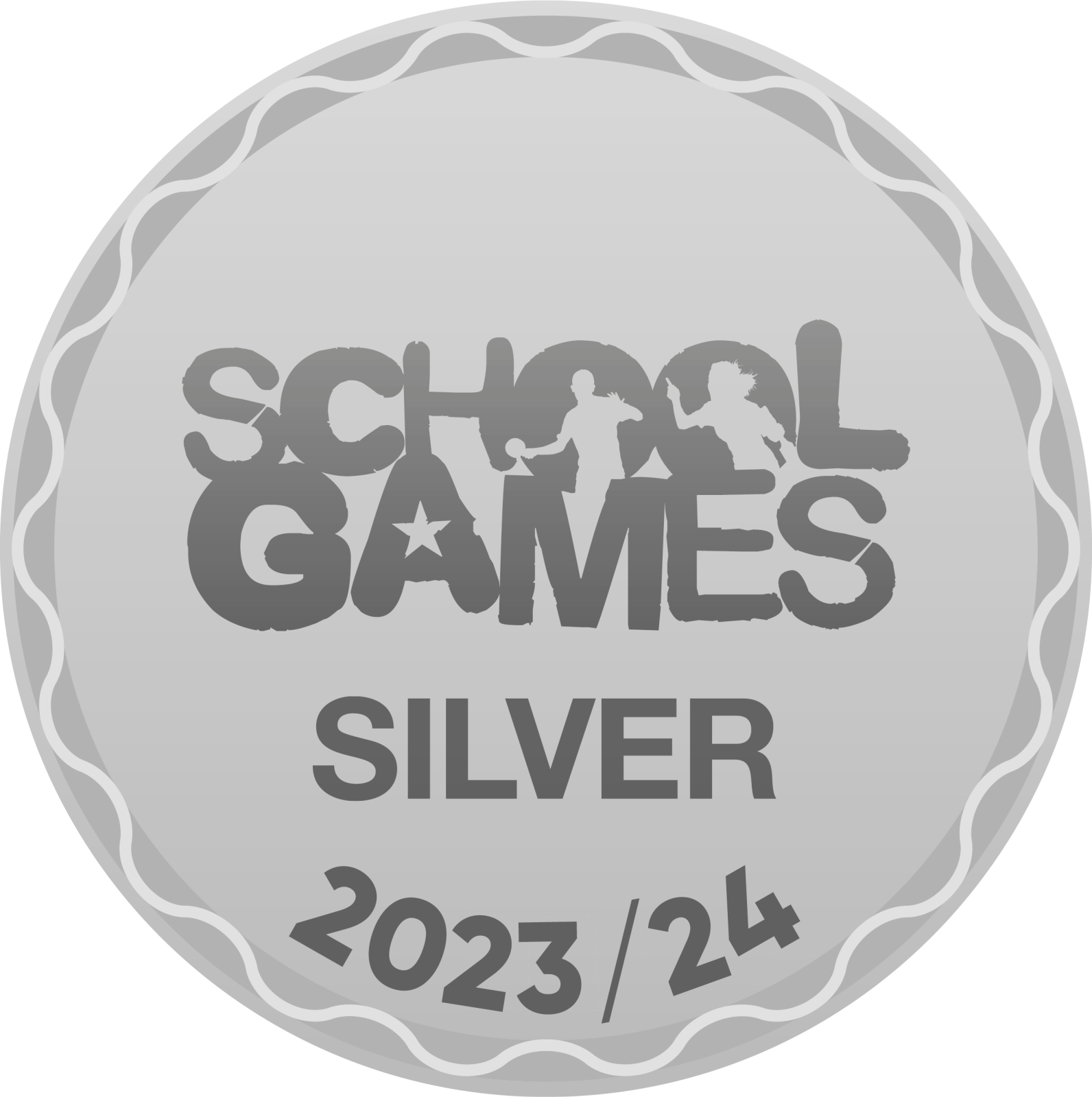English
Reading
Reading Intent, Implementation and Impact document
At Gillingham Primary School reading is a priority. Our aim, for all our children, is for them to read fluently and with understanding and progress appropriately across the school. We wish to develop lifelong readers who have a love of books and who understand the knowledge and enjoyment that they can provide.
We, therefore, teach our children the skills they need to be great readers, give them the knowledge they need in order to understand what they read and provide them with opportunities to make links across their learning and respond with their opinions about what they have read.
Children begin their ‘reading journey’ in the Early Years Foundation Stage (EYFS) and Year 1 by participating in daily phonics lessons following the Little Wandle Letters and Sounds programme (please refer to our Phonics Policy for more detail). All children in Year 2 have daily phonics sessions in the Autumn term and then follow Bridge to Spelling. In Years 3 to 6, children participate in whole class reading lessons, using high quality texts, to enable them to continually develop their reading fluency, stamina, prosody and comprehension skills. Our children continue to choose books from our progressive banded book reading scheme for independent reading. Adults read aloud for pleasure from a more challenging class book every day and this acts as a stimulus for deeper thinking and prediction skills.
We have an inviting library space, stocked with a wide range of picture books, poetry books, novels and non-fiction books, which actively promotes reading for pleasure. Year 6 librarians regularly open the library at lunchtimes and enjoy supporting children in selecting books and reading books to them too.
You can support your child through regular reading at home. Reading to and with your child every day for just 10 minutes will make a huge difference to your child’s fluency, vocabulary and achievement in school. The Book Trust (https://www.booktrust.org.uk/books-and-reading/tips-and-advice/reading-tips/) has lots of ‘top tips’ for sharing a book with your child:
· Ask your child to choose what they’d like to read.
· If you can, turn off the TV, radio and computer so that you can enjoy the story without any other distractions.
· Sit close together.
· Take a look at the pictures. You don’t just have to read the words on the page.
· Ask questions and talk about the book.
· Have fun! There’s no right or wrong way to share a story – as long as you and your child are having fun
The ‘Bookfinder’ tool will also help you discover the very best children’s books https://www.booktrust.org.uk/books-and-reading/bookfinder/.
Please refer to the ‘Reading Intent, Implementation and Impact’ document for more details about how we teach reading at Gillingham Primary School
Writing
Writing Intent, Implementation and Impact document
Our aim, when teaching writing, is for our children to view themselves as writers and enjoy the writing process. At Gillingham Primary School, children write for a range of purposes and audiences. We teach them to write with confidence and accuracy across the curriculum, enabling them to ultimately communicate successfully throughout life.

